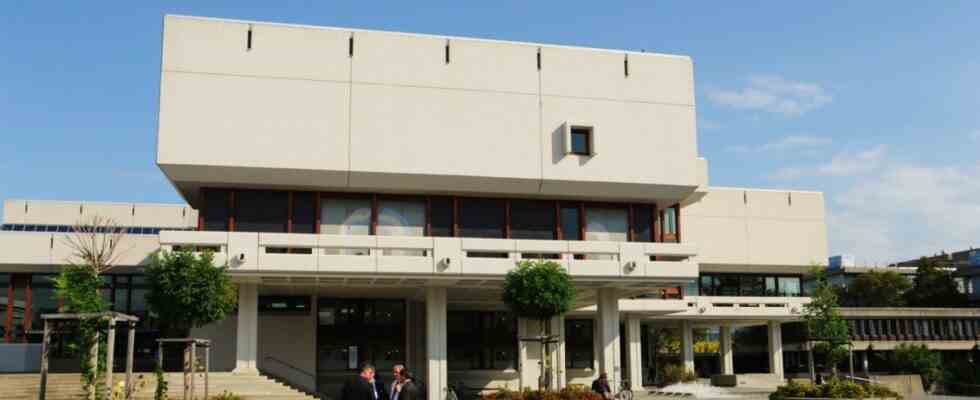“No present exists without a memory of the past,” says the website of the new Center for Remembrance Culture (ZE) in Regensburg. And the deliberately false interpretations of the past that the Russian President is shaping the present with are a common thread running through the opening ceremony of the ZE on Thursday. The opening speech was supposed to be Prime Minister Markus Söder (CSU), who apologized because of the war in Ukraine. Instead, the new Minister of Science, Markus Blume (CSU), took over. “It stuns me how Putin justifies the attack on Ukraine with false historical interpretations.” You shouldn’t allow that, that’s why there are places like the center. ZE director Bernhard Löffler, who holds the chair for Bavarian regional history at the University of Regensburg, also speaks of a “conscious instrumentalization of history”.
The ZE focuses on the history of remembrance of National Socialism and the Holocaust and the related question of what remembrance could and should look like in the future – especially in view of the fact that soon there will be no more people who experienced the Holocaust themselves and to tell about it to future generations. In its own words, the ZE sees itself as a forum for scientific exchange, but not only. Löffler explains it using the example of historically charged street names, which sooner or later probably concern almost every city council in Bavaria and also in Regensburg. One does not necessarily want to write expert opinions on street names, but to analyze the phenomenon of the discussion about street names and the changing handling of complicated historical heritage. And the fact that this approach and reception are diverse is shown by the numerous clips by students, scientists, activists and dance teachers who explain what memory actually means to them.
Without eyewitnesses, memories will change. need to change. The ZE deals with this as well. How can you make history come alive? With more modern formats such as blogs, for example. In cooperation with the “Public History and Cultural Education” course at the University of Regensburg, a podcast series with testimonies by survivors of the Flossenbürg concentration camp complex has already been created.
In addition to Löffler, the ZE is headed by Jörg Skriebeleit, head of the Flossenbürg concentration camp memorial. The managing director is the historian Bianca Hoenig. The scientific advisory board includes the director of the Munich Volkstheater, Christian Stückl, and the Munich publicist Rachel Salamander, who was born in 1949 in a displaced persons camp for survivors of the Holocaust. Her speech, which she had actually prepared for the ZE opening, was overtaken by events. In one fell swoop, the world became different. “Due to Putin’s war, learning from history is once again being put to the test.”

